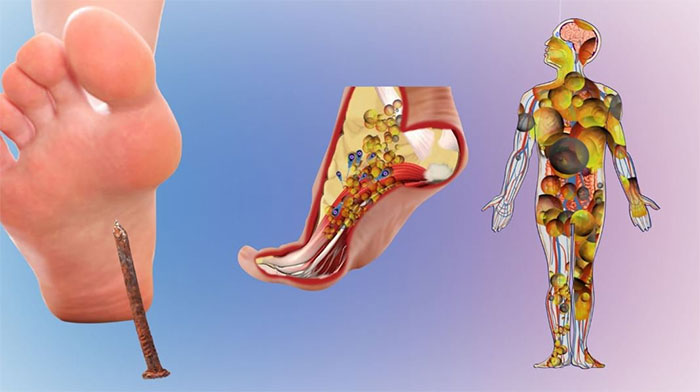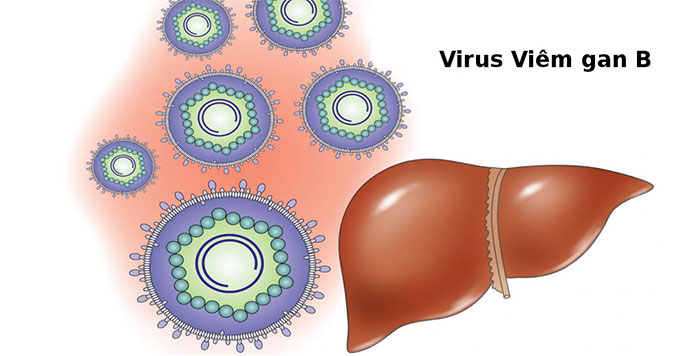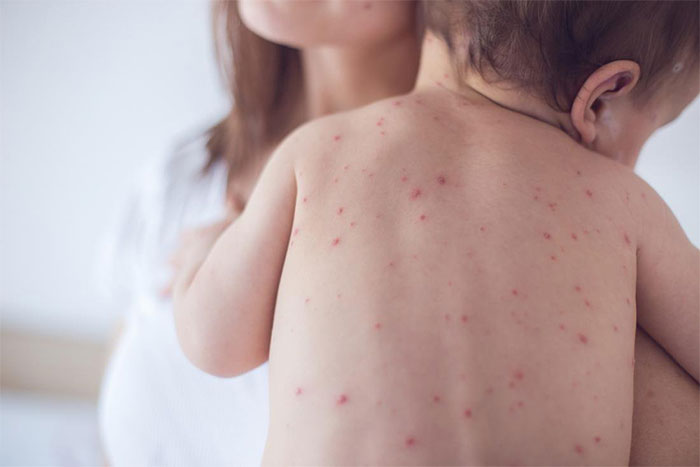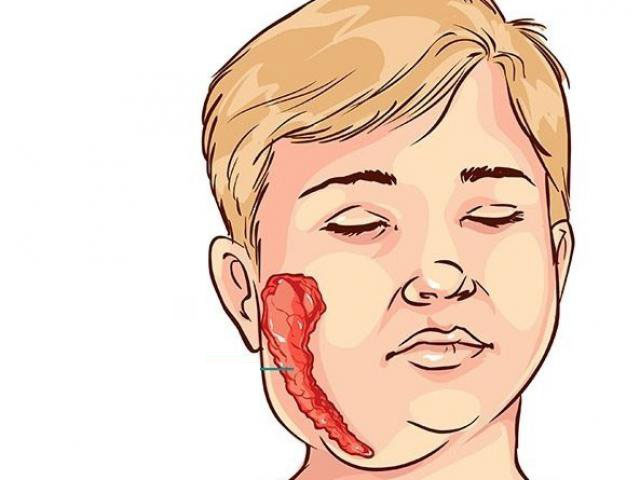Thanks to vaccines, people can prevent many diseases that cause serious complications such as polio, tetanus, influenza, diphtheria, hepatitis, chickenpox…
Preventable Diseases Through Vaccination
Polio
This is an infectious disease that causes paralysis and can lead to death in those infected, caused by the poliovirus. The virus spreads from person to person and can invade the brain and spinal cord, leading to paralysis in the affected individuals. Thanks to vaccines, this dangerous disease has been eliminated. Continued vaccination helps the world avoid the tragic loss of life as well as the severe health impacts caused by polio. However, the disease still poses a threat in some countries. Ensuring that infants and children are vaccinated is the best way to prevent polio.
Tetanus

Tetanus vaccine is administered in a combination vaccine for diphtheria and pertussis.
This disease causes muscle stiffness and jaw locking, which can lead to death. Parents should remind children not to scratch or use any part of their body to touch metal that can cause cuts, as this may pose a risk for tetanus. Currently, the tetanus vaccine is administered in a combination vaccine that includes diphtheria and pertussis.
Influenza
Influenza is a respiratory illness caused by the influenza virus infecting the nose, throat, and lungs. It affects individuals in various ways depending on their immune system, age, and health status. This disease can be dangerous for children of all ages, with symptoms including cough, fever, aches, fatigue, vomiting, and diarrhea.
Since 2010, the number of children under 5 years old hospitalized due to influenza in the United States has ranged from 7,000 to 26,000. Infants under 6 months old are more likely to be hospitalized for influenza but are too young to be vaccinated. The best way to protect children during this time is for mothers to get vaccinated while pregnant. Additionally, everyone who comes into contact with the child should be fully vaccinated to prevent spreading the disease. It is recommended that everyone get an annual influenza vaccine to protect themselves and their loved ones.
Hepatitis B

This disease spreads through blood or other bodily fluids.
Each year, approximately 780,000 people die from complications related to hepatitis B worldwide. This disease spreads through blood or other bodily fluids. Hepatitis B is particularly dangerous for children because the virus can be transmitted from mother to child during childbirth. Nine out of ten cases of children infected with the disease come from their mothers, which is a significant reason for everyone to pay attention to vaccinating children against hepatitis B immediately after birth. It is recommended that all pregnant women be tested for this disease and have their children vaccinated at birth to prevent illness.
Hepatitis A
The hepatitis A vaccine, developed in 1995, has significantly reduced the incidence of the disease in the United States. Hepatitis A is an infectious liver disease transmitted through person-to-person contact or through contaminated food and water. Vaccination can help protect children from this disease.
Rubella
Rubella is transmitted when an infected person coughs or sneezes. This disease is particularly dangerous for pregnant women and their unborn children. If a pregnant woman is not vaccinated and contracts rubella, she may experience a miscarriage, and the child may die after birth. Additionally, the baby may also be infected by the mother, leading to severe birth defects.
Hib Disease
Hib, which stands for Haemophilus influenzae type b, is a disease that many people are unaware of due to the availability of vaccines. Hib can cause severe damage to children’s immune systems, leading to brain damage, hearing loss, and even death. Hib primarily affects children under 5 years old.
Before the vaccine was available, up to 20,000 children in the United States were affected by this strain each year. Of these, one in five suffered brain damage and hearing loss. Even with treatment, one in 20 children who developed meningitis due to Hib would die.
Measles

Anyone can be infected if they are in the same space as an infected person.
This is a highly contagious disease that can have serious effects on young children. Anyone can be infected if they are in the same space as an infected person, even if they left hours ago. This disease is quite common in many parts of the world, so those who are not vaccinated are at risk of contracting it when traveling.
Pertussis
Pertussis is a highly contagious disease that can be fatal in newborns, causing severe, uncontrollable coughing fits that can lead to difficulty breathing. In infants, pertussis can cause apnea even without coughing symptoms.
Since 2010, approximately 15,000 to 50,000 children in the United States contract pertussis each year. The disease is particularly dangerous for children who are too young to be vaccinated, so pregnant women need to be vaccinated to protect their child before birth. Timely vaccination against pertussis is crucial to help protect children from this disease.
Pneumococcal Disease
This disease, caused by the bacterium Streptococcus pneumoniae, can lead to ear infections, sinusitis, pneumonia, and even meningitis, making it very dangerous for children. The pathogen can invade parts of the body that normally do not have bacteria, such as the brain or spinal cord.
Rotavirus Disease
Rotavirus is highly contagious and can cause severe watery diarrhea, often accompanied by vomiting, fever, and abdominal pain, primarily affecting infants and young children. The disease can lead to severe dehydration, requiring hospitalization. Without necessary medical care, children may die.
Mumps

Mumps is highly contagious and has no treatment.
Mumps is commonly known for its characteristic symptoms of swollen cheeks and a tight jaw due to swollen salivary glands. Other symptoms include fever, headache, muscle pain, and fatigue. Mumps is highly contagious and has no specific treatment. This disease remains a yearly threat in the United States. In recent years, there have been outbreaks of mumps in places where there is close and prolonged contact with infected individuals. To prevent it, everyone is advised to get the MMR vaccine, which protects against mumps, measles, and rubella.
Chickenpox
Chickenpox causes a rash, itching, blisters, and fever. Individuals infected with chickenpox can develop numerous blisters. This disease can become severe and life-threatening for children, adults, and those with weakened immune systems. Healthy children are also recommended to receive the chickenpox vaccine, as they can still contract the disease.
Diphtheria
The DTaP combination vaccine can help protect against three diseases: diphtheria, tetanus, and pertussis. Although preventable, diphtheria still exists. The disease can cause a thick coating in the back of the nose or throat, making it difficult for the patient to breathe or swallow. Diphtheria can also lead to heart failure, paralysis, or even death.



















































